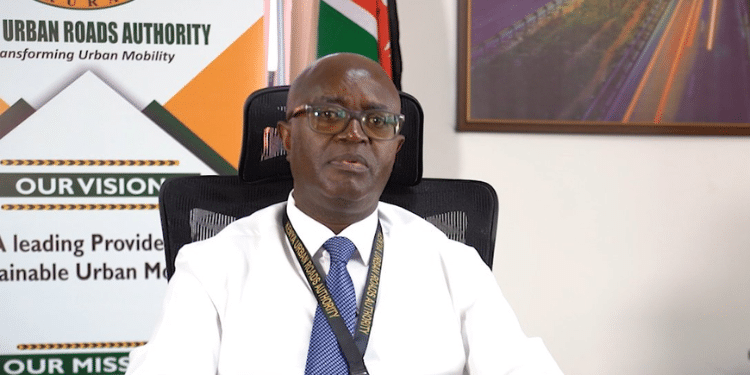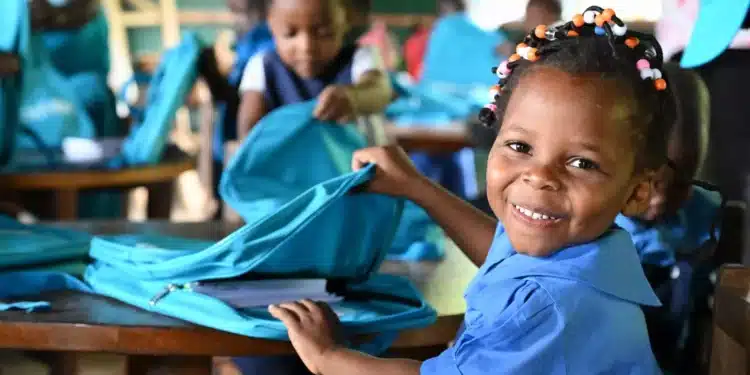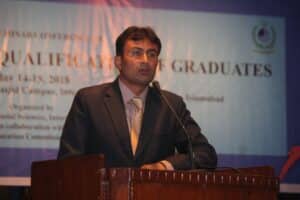Critical situation exists to equip the future generations with 21st century skills despite the African Union’s historic moment to put education at the forefront of the policy agenda. Accountability and transparency mechanisms in the African education system needs to equip the future generations with 21st century skills. Curricula and infrastructure should be revisited for youth skill development and employability. Digital skills training and professional development for teachers should be aligned with the job market.
21st century skills are twelve abilities that today’s students need to succeed in their careers including Critical thinking, Creativity, Collaboration, Communication, Information literacy, Media literacy, Technology literacy, Flexibility, Leadership, Initiative Productivity and Social skills.
21st century skills mean the development of a greatly valuable skill set for the future and they are concerned with evolving digital economy.
In addition, 21st century skills have focus on the means of thinking, working and living with the objective to prepare the new generation to face the future challenges with creative and innovative thinking.

21 Century Skills and SDGs
Sustainable Development Goal 4.7 (SDG) emphasizes the importance of ensuring that all learners acquire the required skills along with knowledge to promote and achieve sustainable development goals and the culture of excellence and equity.
Consequently, the 21 century skills are important for the success of our new generations. Therefore, there is need to incorporate the skills in the curriculum of educational institutions and teacher training programs.
Furthermore, these skills are perceived as a key for the success in academic achievements and life outcomes. Keeping in view the revolutionary changes in the field of science and technology, teaching 21st century skills in all educational institutions cannot be overemphasized.
Also Read: Kenya’s Digital Divide: Pastoralists Are Key to the Country’s Economy, but They’re Being Left Behind
Notably, in most African countries, educational reforms have been aligned with implemented curriculum to 21st century skills. The initiative has been taken by international agencies such as UNESCO, UNICEF, World Bank and NEPAD.
The situation in Africa
Kenya is one of the African countries that have adopted the framework of 21st century skills for implementing in its educational system. Skills needed for economic growth and development have been successfully incorporated in the curriculum of educational institutions in Kenya.
However, more improvement is required in the successful teachings of 21st century skills.
Elsewhere in Ghana, education has a constant focus on the 21st century skills (4Cs: Creative and Innovative skills, Critical thinking and problem-solving skills, Collaborative skills and Leadership skills, Communication skills -Literacy and numeracy).
In Ethiopia, pedagogical skills need to be focused for transforming 21st century skills to new generation. Similarly, curriculum needs to be blended with communication skills and critical thinking.
What’s more, the International Labor Organization has a broad work on the digitalization of teaching and education in Ethiopia, Kenya Malawi, Rwanda and the United Republic of Tanzania.
Digital technologies have been integrated in teaching and learning in these countries. However, affordability of technology and internet connectivity have been found to be major challenges in these countries.
For instance, in Ethiopia, national SchoolNet initiative was successfully launched in 2004. Similarly, in 2003, the Ethiopian Government initiated the Satellite Plasma TV project to improve the quality of secondary education.

The Way Forward
Access to internet and provision of electricity facilities need to be ensured particularly in the educational institutions in rural areas of Africa.
Increasing access to education is necessary for the successful transformation of 21st century skills to new generation in Africa. This can be achieved by building more schools in rural and underserved areas and provision of scholarships and financial assistance to students.
Also Read: Re-imagining Mentorship in Teacher Training in Kenya for Better Results
Teacher training programs should be inculcated with digital training programs and innovative professional development programs.
At the same time, the availability of digital tools in schools and investments in Information Communication Technology infrastructure should be more focused particularly in Eastern African countries.
Curriculum reforms to incorporate more STEM (Science, Technology, Engineering and Mathematics) education and programs should be incorporated with digital skills to equip students to face the challenges.
Lastly, the safety of educational institutions in the areas of political instability and conflicts should be enhanced. A creative and safe environment should be embraced for the successful transformation of 21st century skills.
Follow our WhatsApp Channel for real-time news updates:










































































